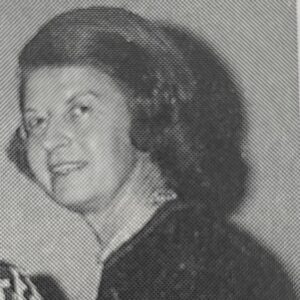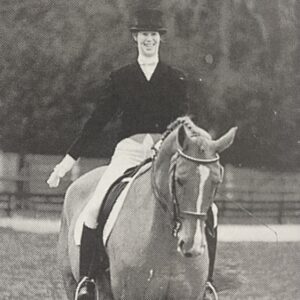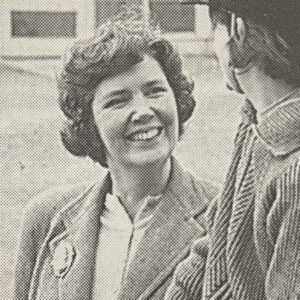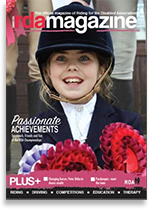Our story
RDA has been enriching lives through horses for over 55 years. From our humble beginnings, when a handful of pioneers started to realise the therapeutic benefits of horse riding for people with disabilities, we have flourished into a nationwide organisation, delivering outstanding levels of coaching and therapy, not to mention fun – and still run almost entirely by volunteers.
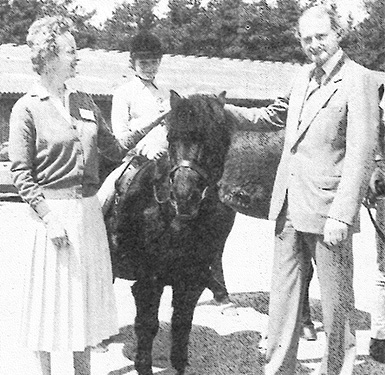
How it all began
After the Second World War, people started noticing the therapeutic benefit of riding, particularly for people with Muscular dystrophy and polio. The idea took hold, especially when the inspirational Danish rider, Lis Hartel caused a sensation by winning Silver medals for dressage in both the 1952 and 1956 Olympics, despite having no muscle function in her lower legs.
Lis’s success inspired a fledgling movement which spread to the UK. Early pioneers included the Winford Orthopaedic Hospital near Bristol, the Pony Riding for the Disabled Trust in Chigwell, Essex, and the British Polio Fellowship.
The benefits of riding for children and adults with disabilities were increasingly being realised during the 1960s. In 1963 those involved started getting together for the exchange of ideas and knowledge and in 1964 a loose organisation was formed called the ‘Advisory Council on Riding for the Disabled’ (ACRD).
By 1966 there were already 23 known disabled riding groups around the UK and the disabled riding
‘movement’ was growing. In 1969, at the ACRD AGM, a revised constitution was presented to the Committee to create what would be known as Riding for the Disabled Association or RDA. Our first President was Lavinia, Duchess of Norfolk, and Her Royal Highness, The Princess Anne was our Patron. The Princess became our President in 1976, a position she still holds today.
Early pioneers
Lis Hartel
Danish Olympian
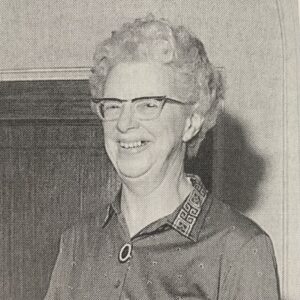
Elsebet Bodtker
Rider and Physiotherapist. Inspired by Hartel to provide pony rides to young patients
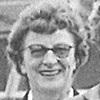
Stella Saywell
Stella Saywell – Brought Bodtker’s ideas to her work as a Physiotherapist at Winford Orthopaedic Hospital near Bristol
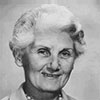
Mrs Jacques
Mrs Jacques – brought Bodtker’s ideas to the Pony Riding for the Disabled Trust in Chigwell, Essex
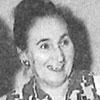
Norah Strang
Norah Strang – member of British Polio Fellowship who, in 1959, thought some of the children disabled by polio might benefit from riding (by 1977 her Tyne & Wear RDA Group had 500 riders each week)
Jane Wykeham-Musgrave
One of Great Britain’s top International riders during the 1960s, Field officer for ACRD and on the first committee of RDA.
Sheila Shaw
Inspired to bring the benefits of riding to those that needed it, Sheila pioneered riding for disabled people at Princess Margaret Hospital in Swindon, West Stowell House, Burton Hill House School and the Ponds Home
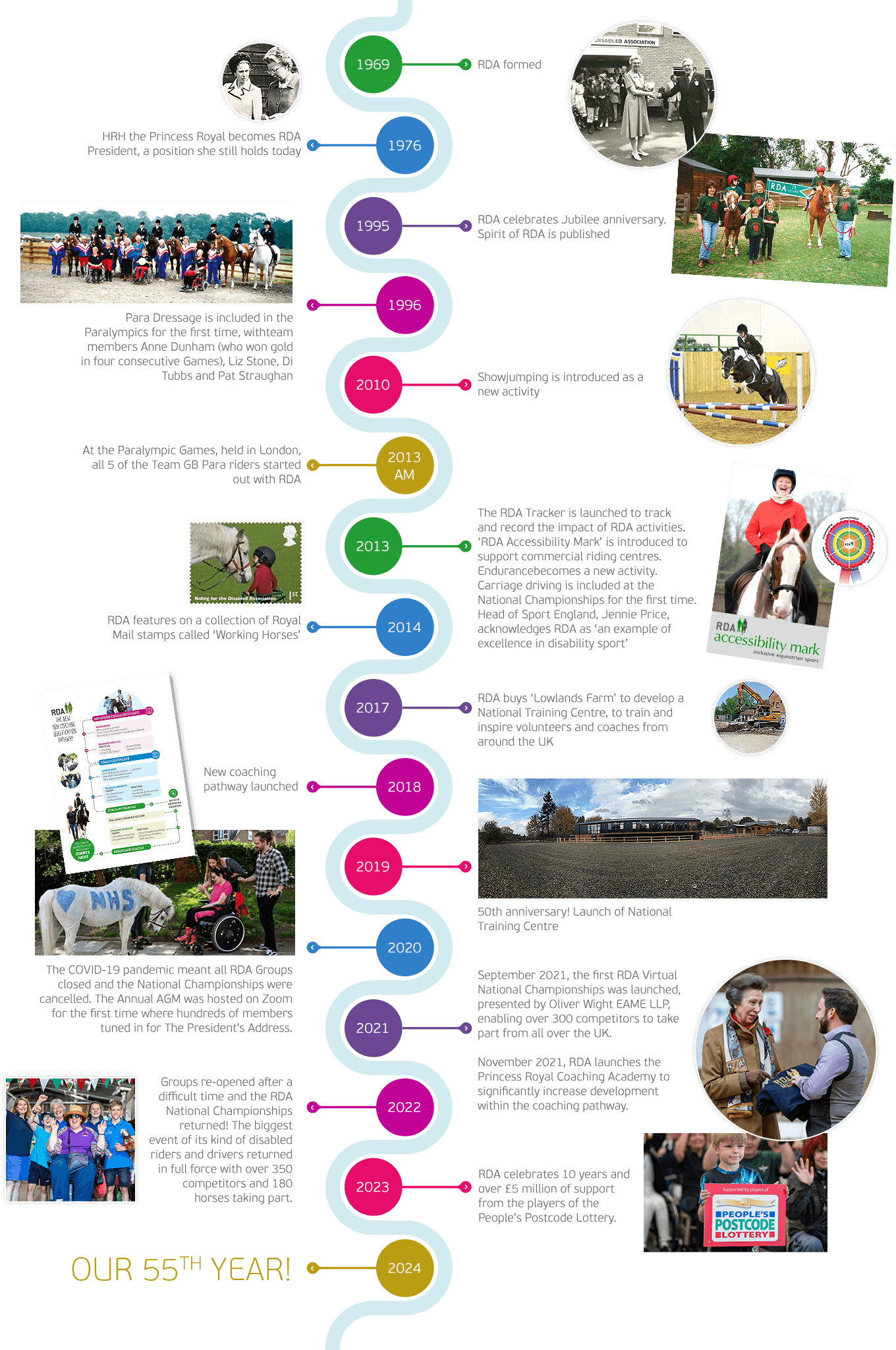

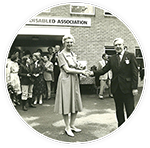
RDA formed

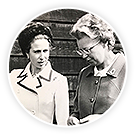
HRH the Princess Royal becomes RDA President, a position she still holds today

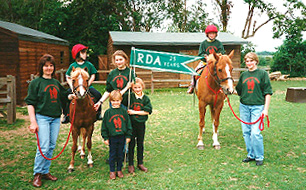
RDA celebrates Jubilee anniversary. Spirit of RDA is published

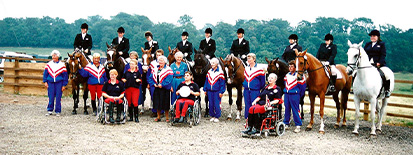
Para Dressage is included in the Paralympics for the first time, withteam members Anne Dunham (who won gold in four consecutive Games), Liz Stone, Di Tubbs and Pat Straughan

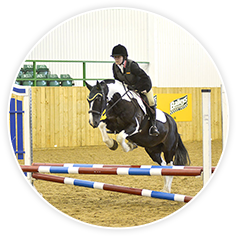
Showjumping is introduced as a new activity

At the Paralympic Games, held in London, all 5 of the Team GB Para riders started out with RDA

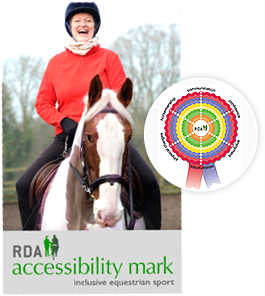
The RDA Tracker is launched to track and record the impact of RDA activities. ‘RDA Accessibility Mark’ is introduced to support commercial riding centres. Endurancebecomes a new activity. Carriage driving is included at the National Championships for the first time. Head of Sport England, Jennie Price, acknowledges RDA as ‘an example of excellence in disability sport’

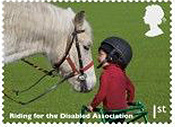
The RDA Tracker is launched to track and record the impact of RDA activities. ‘RDA Accessibility Mark’ is introduced to support commercial riding centres. Endurancebecomes a new activity. Carriage driving is included at the National Championships for the first time. Head of Sport England, Jennie Price, acknowledges RDA as ‘an example of excellence in disability sport’

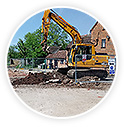
RDA buys ‘Lowlands Farm’ to develop a National Training Centre, to train and inspire volunteers and coaches from around the UK

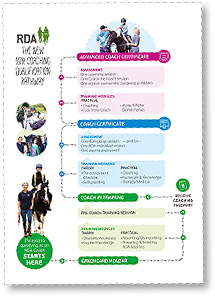
New coaching pathway launched

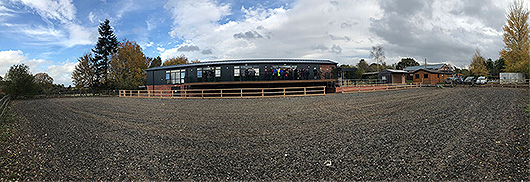
50th anniversary! Launch of National Training Centre

